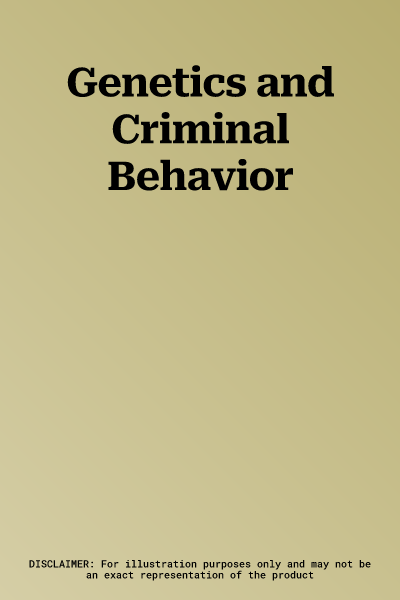Genetics and Criminal BehaviorHardcover, 15 January 2001

Temporarily out of stock
Free Delivery
Cash on Delivery
15 Days
Free Returns
Secure Checkout

Part of Series
Cambridge Studies in Philosophy and Public Policy
Print Length
348 pages
Language
English
Publisher
Cambridge University Press
Date Published
15 Jan 2001
ISBN-10
052162214X
ISBN-13
9780521622141
Description
Product Details
Book Format:
Hardcover
Date Published:
15 January 2001
Dimensions:
22.81 x
15.19 x
2.79 cm
ISBN-10:
052162214X
ISBN-13:
9780521622141
Language:
English
Location:
New York
Pages:
348
Publisher:
Weight:
635.03 gm